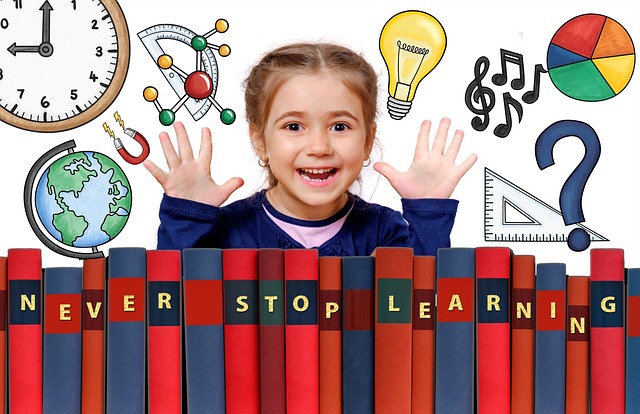Children love to play, it is something that they naturally engage in and take great enjoyment in doing. Some people think of play as being the opposite of work, but that isn’t really the case! If we take a closer look at what constitutes play for any age group, we see that it involves being engaged in activities that are meaningful to us and stimulate our minds as well as inducing pleasure and positive emotions. Play is good for us on many levels, physically, emotionally, and intellectually, it is fun, and we also learn while doing it!
Recently play-based learning has taken its rightful place as a pillar of early childhood education because it assists children in achieving significant progress in every important area of personal development. Also known as ‘playful learning’, play-based learning is now an integral part of the curriculum of high-quality early education centres everywhere. For example, if you are looking for excellent childcare in Merrylands, you can be assured that play-based learning will be on hand, a feature that your child will not only enjoy but will help them grow and develop in their critical formative years.
As it turns out, there is nothing simple about play, it is actually a very complex behaviour that seems to come naturally to us, a way for us to experiment and experience the world through a lens of joy that leads to greater understanding as it furthers the development of our cognitive and social skills. There are many different ways in which we play, some of which are as follows:
- Physical Play – Running, jumping, chasing, climbing, dancing, throwing, catching- any type of play that engages the body in stimulating physical activity and movement through the space that surrounds us.
- Objects And Materials Play – This kind of play focuses on hand-eye coordination and the sense of touch along with imagination. Created objects like toy action figures, vehicles, and plastic animals are often used in conjunction with materials the child can manipulate like clay, mud, sand, and water. This play is all hands-on!
- Pretend Play – Children can dress up as, or just pretend to be something other than they are, like a dinosaur or a robot, or someone they would like to become, like an astronaut or a movie star. This kind of play is highly creative on both a physical and a cerebral level as children mimic the things that interest them, and interact with each other in different ways than they would when they are just being themselves.
- Symbolic Play – This type of play involves using symbolic systems to communicate ideas and convey meaning. It involves the use of language, drawing, painting, singing and dancing, it is our way of exploring the arts and learning to produce things we can share with others.
- Games – This is play that has a defined set of rules that can be taught to them by their teachers, or even better, invented by the children themselves! This is where children learn important social skills like winning and losing gracefully.
For more information on play-based learning in Australia check with your local government’s educational webpages. Now, go out and play!


